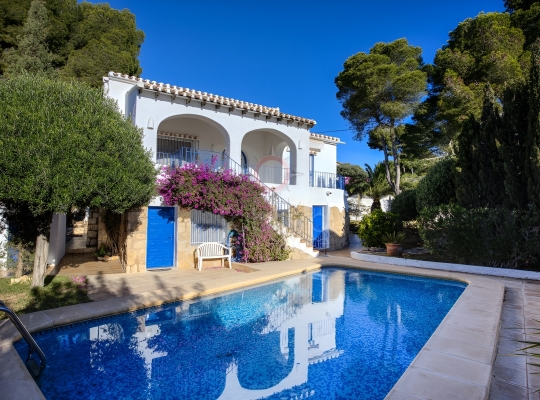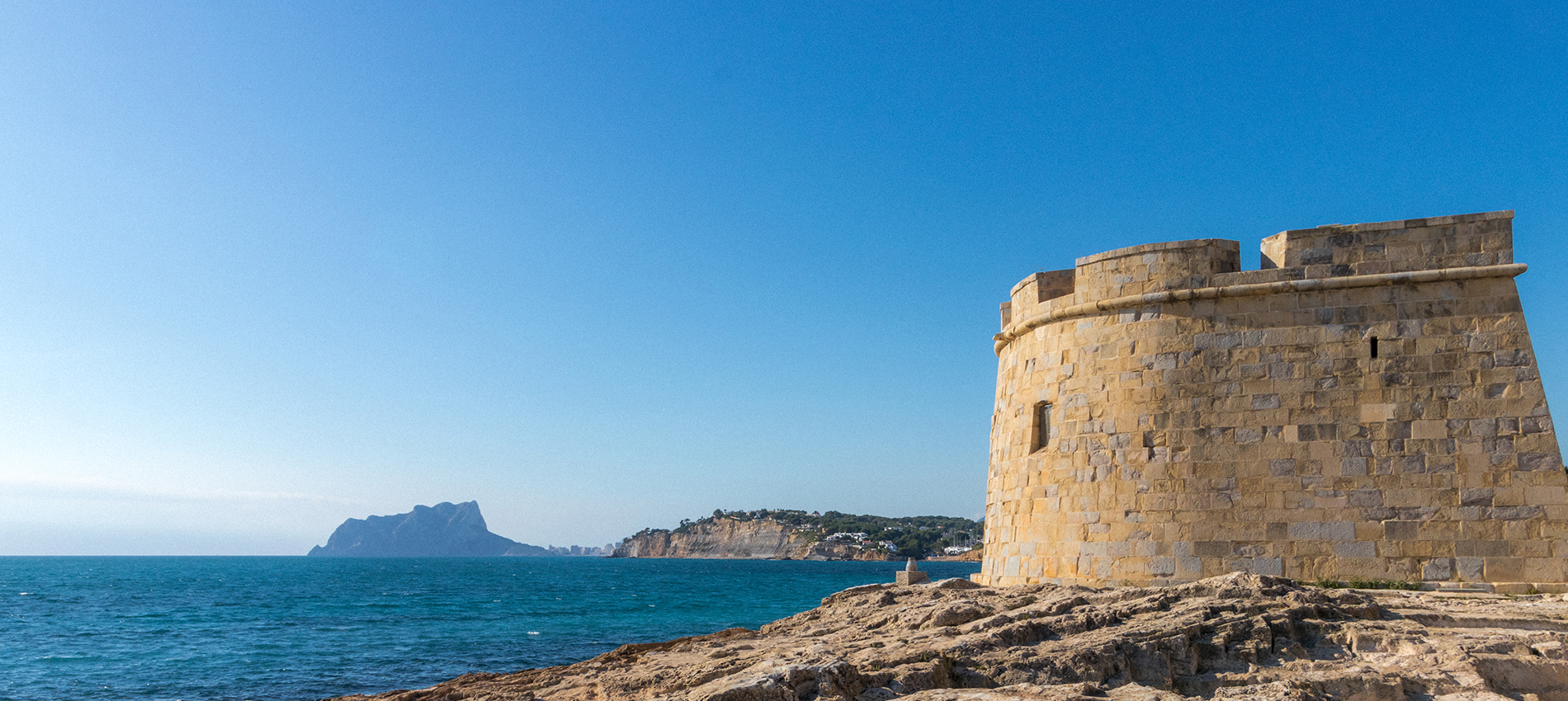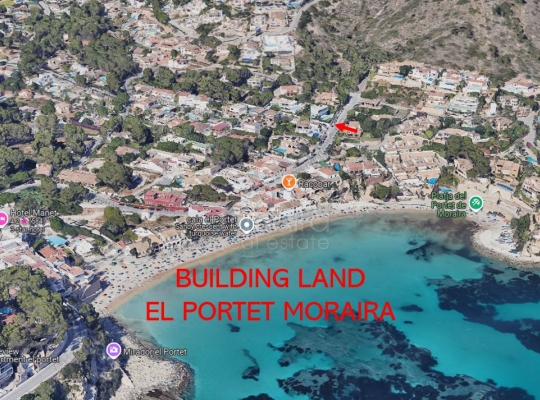Moraira Estate Agents
Properties for sale in Costa Blanca & Villas in Moraira
Discover best properties, houses, villas and apartments in Moraira, Benitachell and other areas of Costa Blanca.
No properties found that match your search.
Role of a Notary in the property purchase in Spain
In Spain, whatever your nationality, you must involve the Notary in any major transaction such as buying a property or making a will. In this post we explain you the importance of this figure.
The Spanish government set the notario's fees and these are payable according to the declared value of the property and also the number of clauses contained in the deeds. The fees may be from 0.1 per cent to 0.4 per cent of the declared value, the lower amount for more expensive properties and the higher for those of smaller value. In addition, if you have obtained a mortgage on the property you will be required to pay the notario's fees for the mortgage deeds.
How much it cost?
Usually, the “notario" is one of the less costly aspects of property purchase in Spain and his fees for wills are around €75 if they are uncomplicated. “Notarios" will give you good advice on a range of matters but you should not consider him an alternative to your own lawyer.
There are Notaries in England, but they do not fulfil the same function as the Spanish variety. He is at the heart of both the local government system and his community. Seemingly, every newspaper seems to bring tidings of yet another Mayor or council official who has been jailed for corruption, but the Notary is universally trusted and respected. While he must undertake several years of further training after attaining the obligatory law degree before setting up office, the rewards and prestige attached to the office and person of the Notary are well worth the hard work involved in qualifying.
When I will see the Notary?
The first occasion you are likely to meet a “notario" is when you sign the purchase contract for a Spanish property at his office. He will then send on the contract to the Property Registry for inscription. The original property contract “escritura" remains with the “notario" and you can request an authorised copy at any time. He also retains the original copy of any will made at his office.
A notario will also write an official letter if you wish to inform a tenant of your property that you intend terminating the rental when the lease ends or for other official notifications.
What other things Notaries do?
For many years “notarios" have registered sales contracts which did not represent the true purchase price (under-declaration of true amount) and they chose not to get involved with any taxes, leaving that to the purchaser's solicitor. Much has changed recently and these day “notaries" are compelled to warn the various parties involved in a sales contract that if they undervalue a property by more than 20 per cent (and this could change again), they will be heavily fined by the Hacienda, the Spanish Tax Authority should they discover the discrepancy.
They are also required to confirm that five per cent of the purchase price is retained and paid directly to the Hacienda after the sale of a property by a non-resident of Spain as a guarantee against capital gains tax.
What about the day you are signing the “escritura"?
When you are in his office to sign the escritura, the “notario" must confirm the personal details and identities of all concerned with the sales contract and he will then as said above read the contract aloud, usually in Spanish, so you will need someone like your solicitor or a translator to be present as you must be sure the title deeds are correct. In fact, some “notaries" will insist that there is an English speaking lawyer or translator with you before they agree to sign the deeds.
He or she will have to make some legal checks, but these differ from region to region. Generally though, he should have asked for a property registry filing before the signing of the “escritura" to confirm that the vendor is indeed the owner of the property and that the property has no debts or tenants or other unexpected problems. In itself, this doesn't give you full protection so it is very important that you engage your own solicitor to represent you, just as you would in the UK.
Properties Offers
-
Seaviews

Villa · New build · Moraira Ref: 70.462
1.549.000€ -
Seaviews
Apartment · New build · Calpe Ref: 10.297
342.000€ -
Villa · New build · Fustera Ref: 20.3957
950.000€ -
Seaviews
Land · Sale · El Portet Ref: 50.280
800.000€ -
Seaviews

Villa · New build · Moraira Ref: 20.3943C
1.849.000€ -
ReservedSeaviews

Villa · Sale · Cometa Ref: 20.3981E
599.000€
 English
English
 Español
Español
 Deutsch
Deutsch
 Nederlands
Nederlands
 русский
русский
 Svenska
Svenska
 Français
Français




